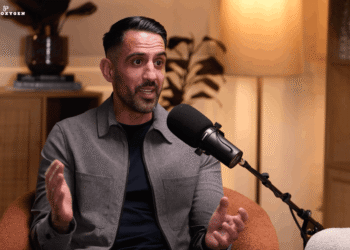It’s said that the best time to plant a tree was 20 years ago.
The second-best time is now.
The same is true for embarking on your Environmental, Social and Governance (ESG) strategy.
While research differs on how many channel partners have an ESG strategy, from just 35% up to 61%, what’s obvious is that the technology sector and the channel are not driving enough of an impact when it comes to planning, implementing and executing their ESG strategies.
While there are myriad reasons for this – cost, complexity, prioritisation, and skills shortage to name but a few – for the smaller channel players, this is compounded by a trifecta of confusion, procrastination and information overload all impeding their efforts.
For many, just getting started is a challenge; where do you even begin to unravel the legalities, how can you better understand what your customers and your local and technology community want from you and your ESG strategy and in what ways is this going to impact your business today and over the next decade? And all this is before government standards, peer and media pressure and the raft of bewildering acronyms have been considered.
That’s why we’ve produced our ESG Unwrapped report.
In it, we give you the background on why ESG initiatives are important and the state of the technology channel when it comes to ESG strategy development, including looking at the impact of government targets within Scope 1, 2 and 3 and inside your wider community and supply chain.
We’ll help you understand the risks and benefits an ESG strategy can have and look at the organisations already making an impact in ways you might not expect, a group we’re calling our Net Heroes.
Most importantly, the report will deliver simple, clear and practical advice on how to get started on your ESG journey, through Scope 1, 2 and 3, and ensure we all understand how and why it’s about more than just planting that tree.
This article was produced in association with Nebula Global Services and is classified as partner content. What is partner content? See more here.
Ross Teague
Ross Teague is CEO of Nebula Global Services
















